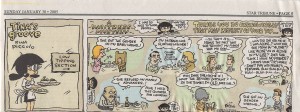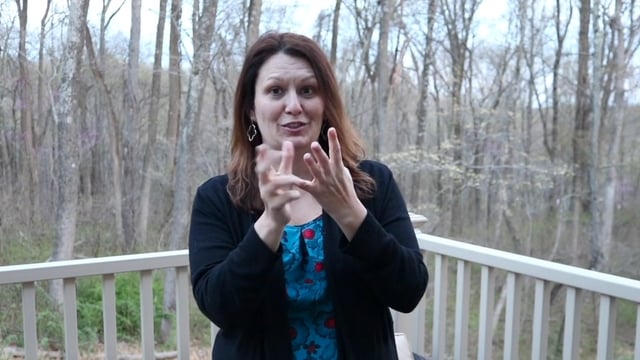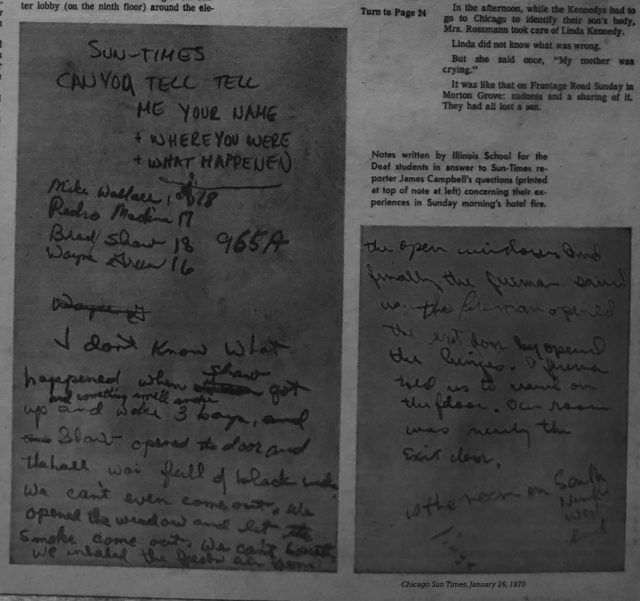(Click on the comic to see a larger version.)
Is bad tipping still a realistic stereotype about Deaf folks? Do Deaf folks still deserve the reputation of being bad tippers?
I don’t know. A friend says I’m in denial because I’ve only had one bad experience with a Deaf person’s tipping once in my entire life. Knowing how “Deaf” my life is, that’s pretty amazing. Or is it? Are Deaf people really bad tippers? I don’t think so. I think it’s an individual habit, not a community tendency.
I’ve heard horror stories about Deaf folks not tipping appropriately, but I’ve heard even more horror stories about hearing people not tipping appropriately. Heck, advice columns print comments about tipping all the time. In fact, the above cartoon ran in the Jan. 30 edition of the Minneapolis Star Tribune newspaper.
Yet, “DEAF TEND LOUSY TIP” consistently comes up as a topic among outsiders who are learning about the Deaf community. And I keep this stereotype in the back of my mind whenever I go to restaurants or beauty salons. But here’s what I do when I receive genuinely poor service.
Last week, I went to a local restaurant (keep in mind I live in a very Deaf-friendly town). We waited more than ten minutes (I counted) before the teenage waitress finally came to take our order. She only came because I walked up to her and asked her to come to our table. When the food finally arrived, there was some confusion over some orders, and the waitress took another ten minutes before coming back with our food.
By then, our glasses of soda had been depleted, and we were waiting to get refills. More than 15 minutes passed, and I finally went back to the waitress, who was chatting with her friends. No luck there in getting our refills. Finally, another waitress took our drinks and gave us refills. Never mind that the chicken I ordered was overcooked and I couldn’t even eat half of it, and the potato was cold.
I asked to speak with the manager — who didn’t seem much older than the teenage waitress — to let her know about the poor service. She smiled as she nodded, saying, “Okay, what would you like us to do about this?” I wrote, “Just make sure the waitress knows we’re not leaving a tip and it’s because of her poor service, not because we’re Deaf.” I also wrote on the receipt, “POOR SERVICE = NO TIP.”
This is a strategy I’ve adopted over the years. I don’t know whether it prevents the stereotype of Deaf folks being lousy tippers or not, but the point is: bad service is bad service, and good service is good service. I always tip 20%, but I’m not going to tip someone for horrible service just to avoid the stereotype of being a poor tipper.
I still say it’s people in general who are poor tippers. I also say Deaf people (and probably other minority groups, too) simply happen to be stuck with this stereotype because we’re more noticeable than hearing people. How a person tips has to do with a person’s background, whether they’ve been educated about how to tip or not, and respect for the work performed.
Copyrighted material. This article can not be copied, reproduced, or redistributed without the express written consent of the author.





